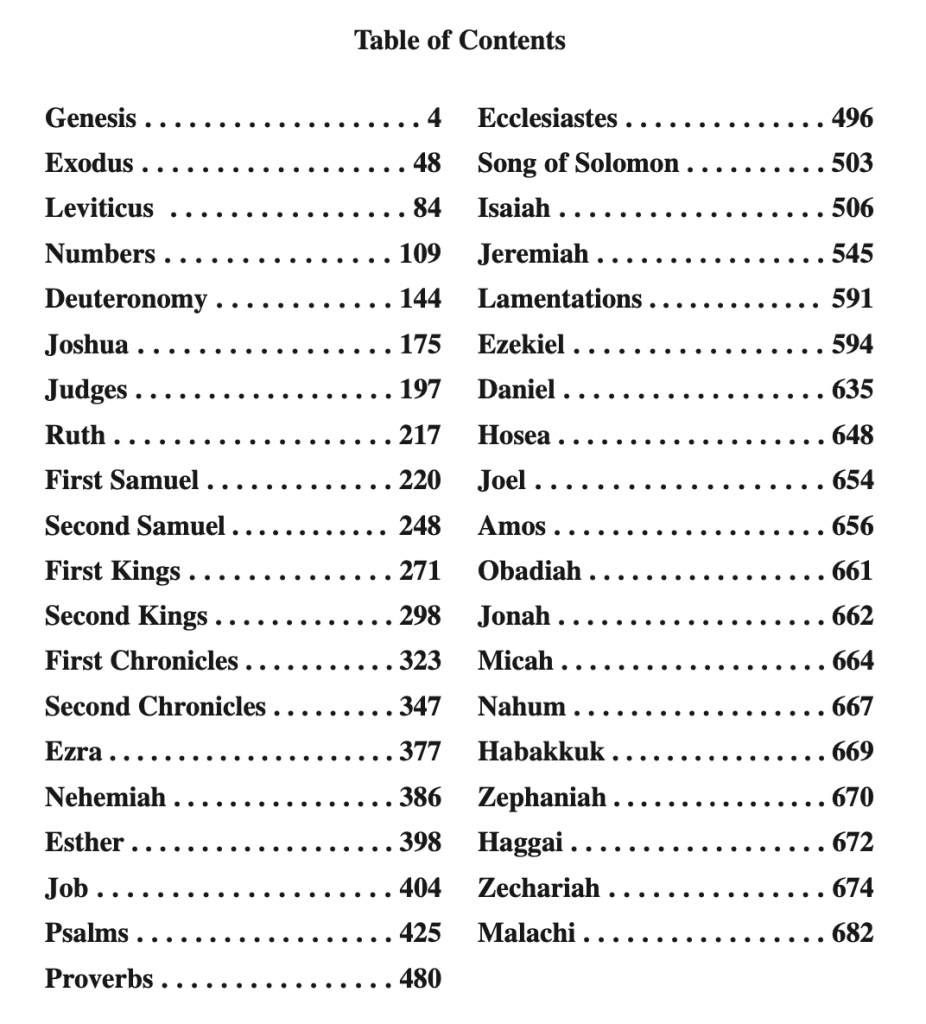read about us in the bible written by us to us for us

proverbs 8:17
i love them that love me, and those that seeke me early, shall find me
exodus 23:13, 14
and in all things that i have said vnto you, be circumspect: and make no mention of the names of other gods, neither let it be heard out of thy mouth. three times shall thou keep a feast for me in the year. (circumspect from latin circumspectus from circum “around, round about” and spek “to observe” look around, deliberate, guarded. the word mention is from latin mentionem “a calling to mind”, men, the root is “to think”. so we are not to think of other gods nor speak their names… here are some embedded snares, errors in english we may be unaware of: look up the origin of the names of the months, days, festivals. instead we may use “error” as in paleo hebrew. instead we may call days as in genesis 1: first day, second day… seventh day. equally we may say first month, second month, only using numbers to identify the date.also consider the three letter word for transgressing the law. yes. that 3 letter word is the name of the assyrian/mesopotamian moon god. instead we may use “error” as in paleo hebrew. )
deuteronomy 27:26
Cursed be hee that confirmeth not all the words of this Law to doe them: and al the people shal say, Amen.
deuteronomy 28:1,15
and it shall come to passe, if thou shalt hearken diligently vnto the voyce of yahawah thy power, to obserue and to doe all his commandements which i command thee this day; that yahawah thy power will set thee on high aboue all nations of the earth.
but it shal come to passe, if thou wilt not hearken vnto the voyce of yahawah thy power to obserue to doe all his commandements and his statutes, which I command thee this day, that all these curses shall come vpon thee, and ouertake thee.
additional readings that are not usually mentioned:
psalms 147: 19, 20
He sheweth his word vnto Iacob: his statutes and his iudgements vnto Israel. He hath not dealt so with any nation: and as for his iudgements, they haue not knowen them. Praise yee the Lord.
amos 2:11
And I raised vp of your sonnes for Prophets, and of your young men for Nazarites. Is it not euen thus, O ye children of Israel, saith the Lord ?
2 esdras 3:36
Thou shalt find that Israel by name hath kept thy precepts: but not the heathen.
hebrews 12:16, 17
Lest there bee any fornicatour, or profane person, as Esau, who for one morsell of meat sold his birthright. For yee know how that afterward when hee would haue inherited the blessing, hee was reiected: for hee found no place of repentance, though he sought it carefully with teares.
romans 9:13 to 15
As it is written, Iacob haue I loued, but Esau haue I hated. What shall we say then? Is there vnrighteousnes with God? God forbid. For hee saith to Moses, I will haue mercy on whom I wil haue mercie, and I will haue compassion on whom I will haue compassion. So then it is not of him that willeth, nor of him that runneth, but of God that sheweth mercy.
revelation 1:14, 15; 2:9; 13:10
His head, and his haires were white like wooll as white as snow, and his eyes were as a flame of fire, And his feet like vnto fine brasse, as if they burned in a furnace: and his voice as the sound of many waters.
I know thy works, and tribulation, and pouertie, but thou art rich, and I know the blasphemie of them which say they are Iewes and are not, but are the Synagogue of Satan.
Hee that leadeth into captiuitie, shall goe into captiuitie: Hee that killeth with the sword, must be killed with the sword. Here is the patience and the faith of the Saints.
genesis 27:40
And by thy sword shalt thou liue, and shalt serue thy brother: and it shall come to passe when thou shalt haue the dominion, that thou shalt breake his yoke from off thy necke.
john 4:24; 14:15
God is a Spirit, and they that worship him, must worship him in spirit, and in trueth.
If ye loue me, keepe my commandements.
daniel 7:9, 10; 10:5, 6
I beheld till the thrones were cast downe, and the Ancient of dayes did sit, whose garment was white as snow, and the haire of his head like the pure wooll: his throne was like the fierie flame, and his wheeles as burning fire.
A fierie streame issued, and came foorth from before him: thousand thousands ministred vnto him, and ten thousand times ten thousand stood before him: the iudgement was set, and the bookes were opened.
Then I lift vp mine eyes and looked, and behold, a certaine man clothed in linen, whose loynes were girded with fine gold of Uphaz.
His body also was like the Berill, and his face as the appearance of lightning, and his eyes as lampes of fire, and his armes, and his feete like in colour to polished brasse, and the voice of his words like the voice of a multitude.
matthew 15:24
But he answered, and said, I am not sent, but vnto the lost sheepe of the house of Israel.
now if i ask you who are reading, please who was smitten, and raised up after 3 days, who do you say? read hosea 6:1
really can i comprehend the end of a book if i only read the last third of it?
john 5:46, 47
For had ye beleeued Moses, ye would haue beleeued me: for he wrote of me.
But if ye beleeue not his writings, how shall ye beleeue my words?
in the above, the word beleeue may also be translated love, entrust. thus the question may be: but if you do not love/trust his writings, how shall you love/trust my words?
the current use of believe only began around the 13 century. so the original writer of john 5:47 must have used the word to mean what it mean at that time, to love/trust. and if you love/trust, then you will obey my commandments.
the following is from etymonline.com/word/believe
believe (v.)
Middle English bileven, from Old English belyfan “to have faith or confidence” (in a person), earlier geleafa (Mercian), gelefa (Northumbrian), gelyfan (West Saxon), from Proto-Germanic *ga-laubjan“to believe,” perhaps literally “hold dear (or valuable, or satisfactory), to love” (source also of Old Saxon gilobian “believe,” Dutch geloven, Old High German gilouben, German glauben), ultimately a compound based on PIE root *leubh- “to care, desire, love” (see belief).
The meaning “be persuaded of the truth of” (a doctrine, system, religion, etc.) is from mid-13c.; the meaning “credit upon the grounds of authority or testimony without complete demonstration, accept as true” is from early 14c. The general sense of “be of the opinion, think” is from c. 1300. Related: Believed (formerly occasionally beleft); believing.
The form beleeve was common till 17c.,
